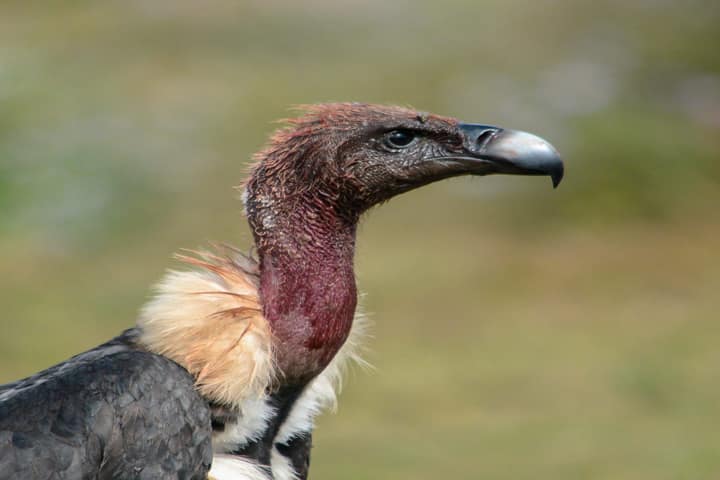The first-ever synchronised census of vultures which was held simultaneously along the borders of the three southern States of Tamil Nadu, Kerala and Karnataka on February 25 and 26, has come out with their findings. A total number of 246 vultures were spotted during this exercise.
In Tamil Nadu the enumeration was done in Mudumalai Tiger Reserve and Sathyamangalam Tiger Reserve, in Karnataka it was in Nagerhole Tiger Reserve and Bandipur Tiger Reserve while in Kerala it was in Wayanad Wildlife Sanctuary. Of the 246, 98 were seen in MTR, two in STR, 23 in NTR, 73 in BTR and 52 in WWS.
Of these 183 were White-rumped vultures, 30 Long-billed, 28 Red-headed, three Egyptian and one each of Cinerous and Himalayan Griffon vultures.
The study found that there was a drastic reduction in the prime nesting habitats in MTR, while it was observed for the first time in STR in Doddacombai.
The findings will be further scrutinised scientifically to find out if the population of the birds has declined or remained stable.
Tamil Nadu is the most favoured region for nesting and roosting for vultures with the State accounting for 32 nests. Interestingly, while Tamil Nadu provides habitat for nesting, places in Kerala and Karnataka are used by vultures for foraging.
It was also found that the population of White-rumped vulture’s population is under stress. This is due to loss of a particular tree cover, called Terminalia arjuna. As this species choses this particular tree for nesting, officials have decided to take steps to improve its cover.
Further, the forest department will initiate steps to place camera traps to understand the feeding patterns of these birds. This will be done by providing them with carcasses to feed on, which will be subjected to post-mortem to ensure they are free of diseases and harmful chemicals.
The survey was done in six hours spread over four sessions.
With the synchronised census yielding good results, it will be repeated in May this year when vulture fledglings take their first flight. It was decided by the three States to hold this census biannually every year.




















